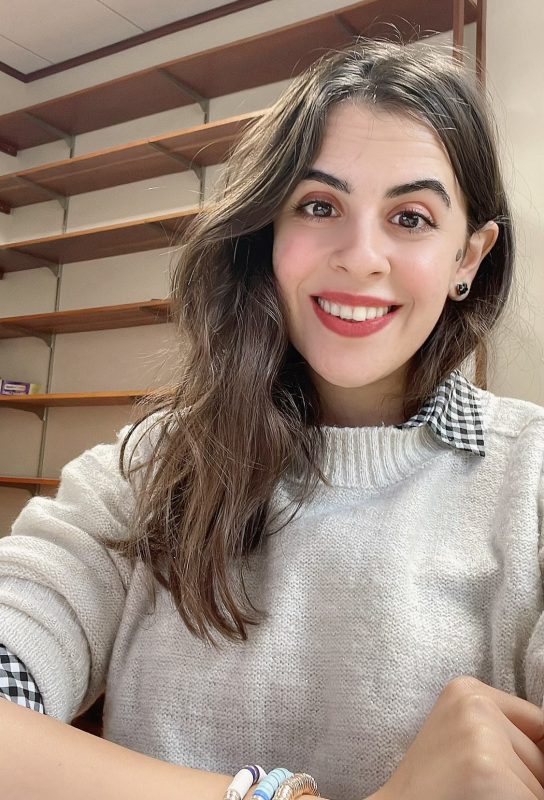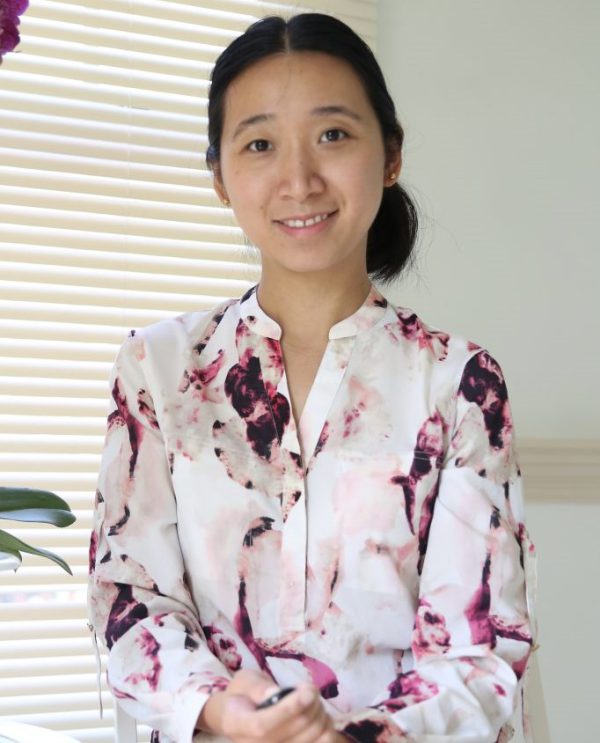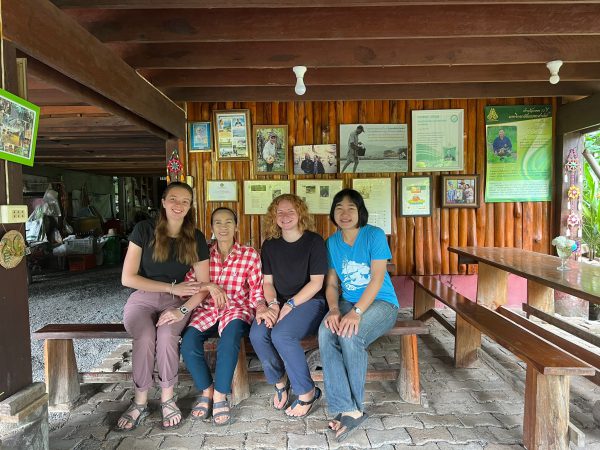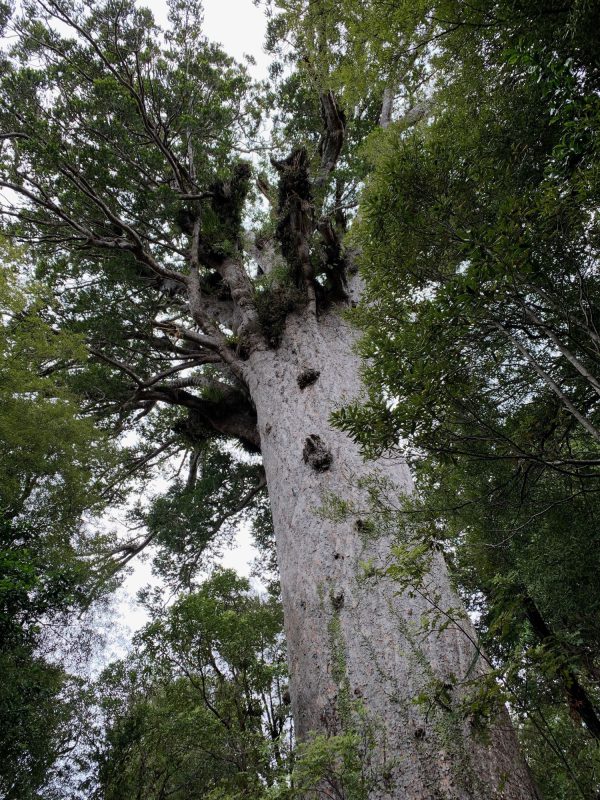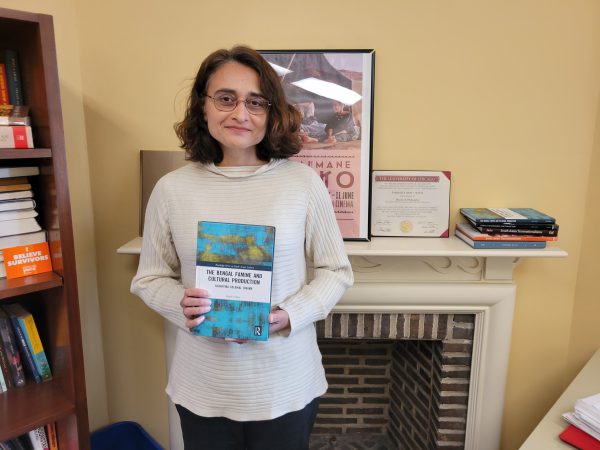Five Kalamazoo College faculty members have been awarded tenure and promotion to associate professor, recognizing their excellence in teaching, scholarship and service. This milestone also signifies the College’s confidence in the contributions these faculty will make throughout their careers. The Board of Trustees-approved tenure recipients are:
Anne Marie Butler, Art History
and Women, Gender and Sexuality
Butler specializes in contemporary Tunisian art within contexts of global contemporary art, contemporary global surrealism studies, Southwest Asia North Africa studies, gender and sexuality studies, and queer theory. At K, she teaches courses such as Art and Gender, Queer Aesthetics, Performance Art and core WGS classes. She has supervised 13 Senior Integrated Projects (SIPs).
Outside the classroom, Butler has co-edited the book Queer Contemporary Art of Southwest Asia North Africa (Intellect Press, 2024) and published four articles, as well as a book chapter. She is a recipient of an Andy Warhol Foundation Arts Writers Grant and of a research grant from American Institute of Maghrib Studies. She is the current Junior Faculty Fellow at the Arcus Center for Social Justice Leadership, has served on the Sherbin Fellowship Post-Baccalaureate Research Award committee, and is co-convener of the Great Lakes Colleges Association’s WGS Collective. She is also a volunteer assistant K swimming and diving team coach, and volunteers at the YWCA and at Kalamazoo Animal Rescue.
Butler holds a Ph.D. in global gender and sexuality studies from the State University of New York-Buffalo, an M.A. in arts politics from New York University, and a B.A. in art history and French from Scripps College.
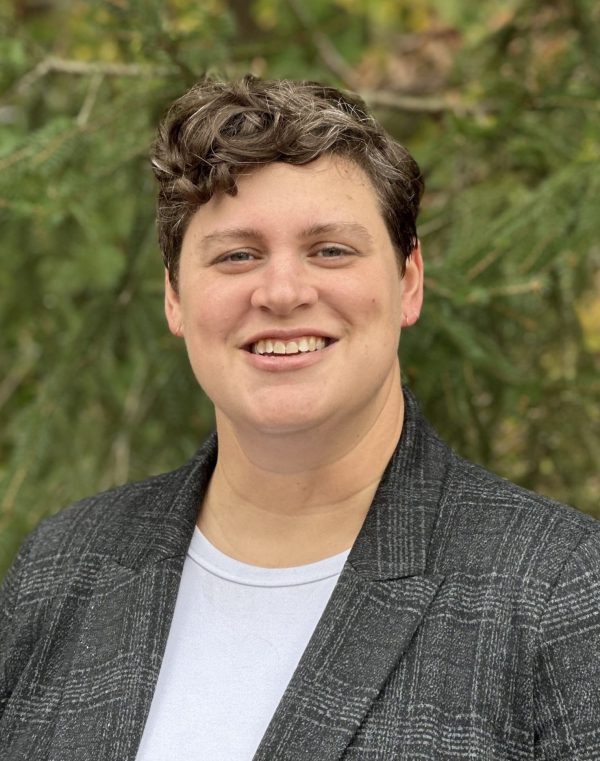
Marilyn Evans, Classics
Evans specializes in the archaeology of Roman urbanism, exploring the origins and early development of communities in central Italy. She has excavated sites across the Mediterranean, and for the past 15 years in the ancient Latin city of Gabii. At K, Evans teaches courses across the Classics curriculum, covering ancient language, literature, history and archaeology. She also has effectively integrated community engagement into her Neighborhoods in Ancient Cities course by working collaboratively with the Center for Civic Engagement and the Building Blocks community housing group.
Evans has supervised four SIP students, including two during summer research at archaeological digs in Gabii, Italy, outside of Rome. Her published work includes four peer-reviewed articles and two book chapters. She has served on K’s Educational Policies Committee, as regional vice president for the Classical Association of the Midwest and South, and on the editorial board of Rhea Classical Reviews.
Evans earned her Ph.D. in Classical Archaeology from the University of California, Berkeley, her M.A. in Classical Languages from the University of Georgia and her B.A. in Classical Studies and Anthropology, from Memorial University of Newfoundland.
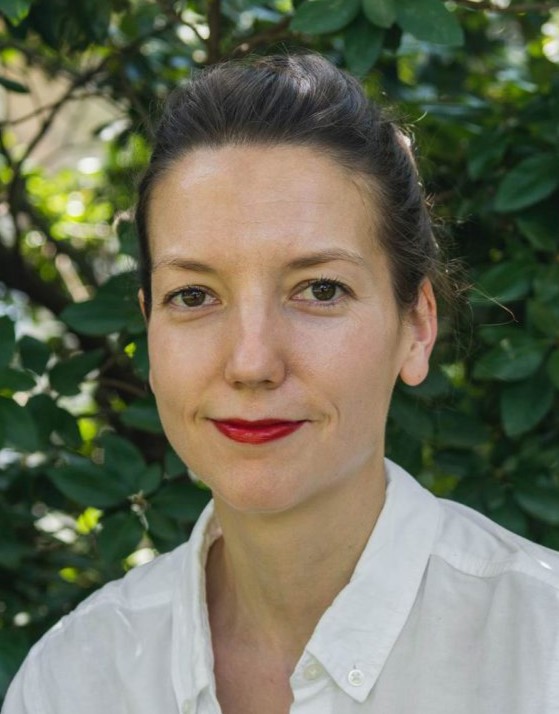
Benjamin Naka-Hasebe Kingsley, English
Kingsley’s specialty is poetry and he also has published works of fiction and nonfiction. His teaching centers on the poetry sequence within the English department: Introduction to Creative Writing, Intermediate Poetry Workshop, and Advanced Poetry Workshop.
Kingsley is the author of three books which have won over a dozen national awards, including the Association for Asian American Studies Award for Outstanding Achievement, the Library of Virginia Literary Award, and the American Fiction Award. He has published poetry, fiction and creative nonfiction in more than 100 journals and/or anthologies, including Poetry, Poets.org, Tin House, Boston Review, The Georgia Review, New England Review, The Southern Review and Oxford American. His collections are Dēmos: An American Multitude (Milkweed Editions, 2021), Colonize Me (Saturnalia Books, 2019) and Not Your Mama’s Melting Pot (University of Nebraska Press, 2018).
At K, Kingsley has twice been named a Most Valuable Professor, once by basketball student-athletes and once in football. He has also twice been named an Alpha Lamda Delta Inspiring Professor in back-to-back years.
Kingsley earned an M.F.A. from the University of Miami and an M.A. from the University of Pennsylvania.

Rochelle Rojas, History
Rojas specializes in the early modern Western world and the transatlantic history of the early Spanish empire while focusing on the lived experiences of a wide range of people. She has supervised 11 SIPs, written two peer-reviewed articles, and authored a book, Bad Christians and Hanging Toads: Witch Crafting in Northern Spain 1525-1675, which was released this month by Cornell University Press. She has been awarded an American Association of University Women Short-Term Research Grant and an American Historical Association Albert J. Beveridge Grant.
Rojas has served as a member of K’s Academic Standards Committee and the Justice, Equity, Diversity and Inclusion Committee. She has been a member of search committees for the vice president of finance and administration; director of grants, fellowships and research; and faculty searches in biology and chemistry. She holds bachelor’s and master’s degrees in education from the University of Florida, and a master’s degree along with a Ph.D. in history from Duke University.

Blakely Tresca, Chemistry
Tresca teaches organic chemistry at K while striving to bring research into the classroom. He has mentored more than 30 research students and supervised 14 SIPs with more than 50% of his research mentees attending graduate programs at institutions such as the University of Michigan, the University of Wisconsin and Washington University in St. Louis.
Tresca has had five published articles and recently received a $250,000 grant from the National Science Foundation (NSF). The NSF funds will help his students develop a lab partnership with some of their counterparts at the University of Toronto while performing research with peptoid nanomaterials.
At K, Tresca has served on the Educational Policies Committee (EPC), where he participated in revising SIP guidelines and last year’s teacher’s assistant policy. Beyond EPC, he has been an advisor to K’s student chapter of the American Chemical Society (ACS) while working with the local ACS professional chapter. He’s also been the Michigan representative to the Midwest Association of Chemistry Teachers at Liberal Arts Colleges Board.
Tresca holds a bachelor’s degree from Trinity University along with a master’s degree and a doctorate from the University of Oregon.









